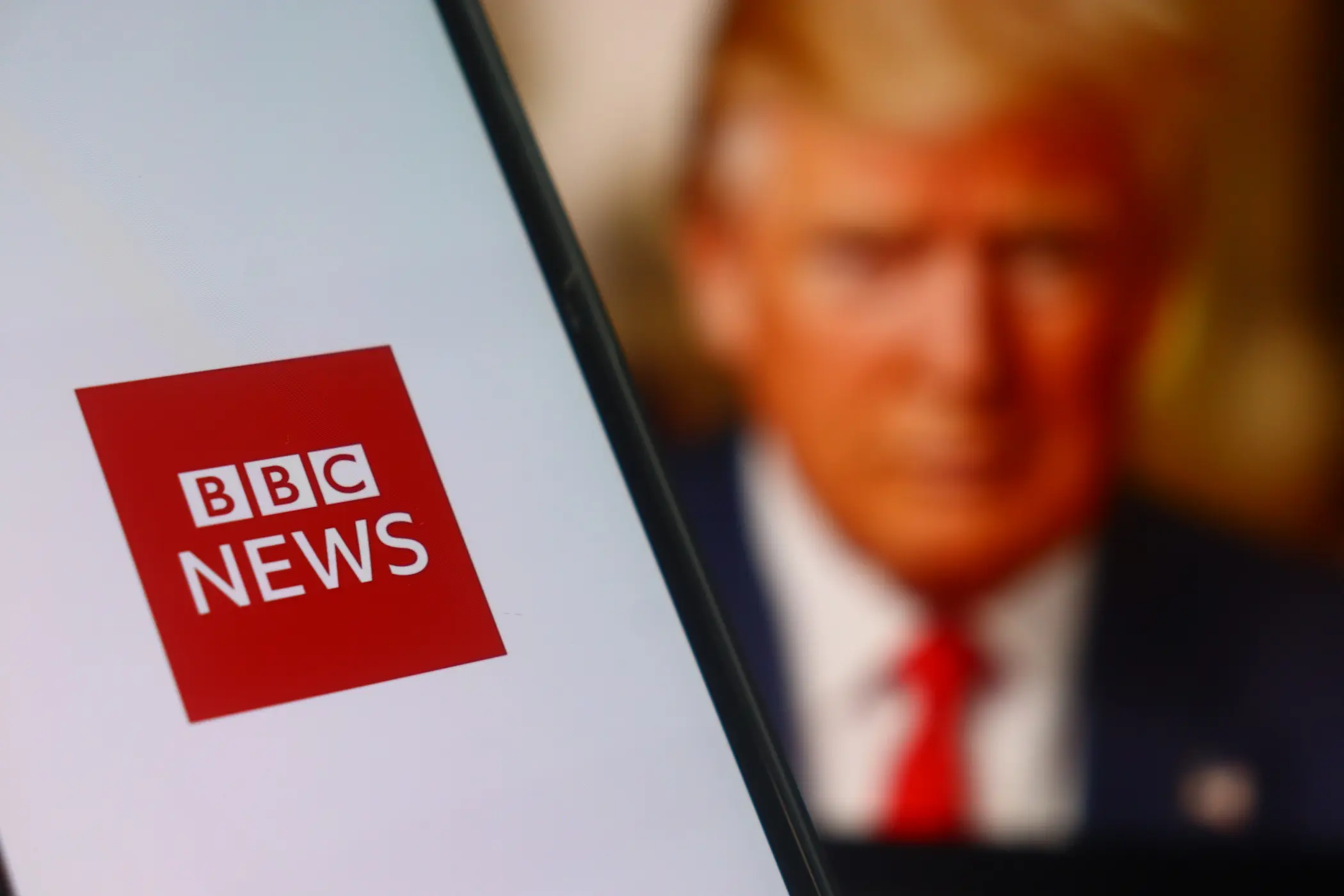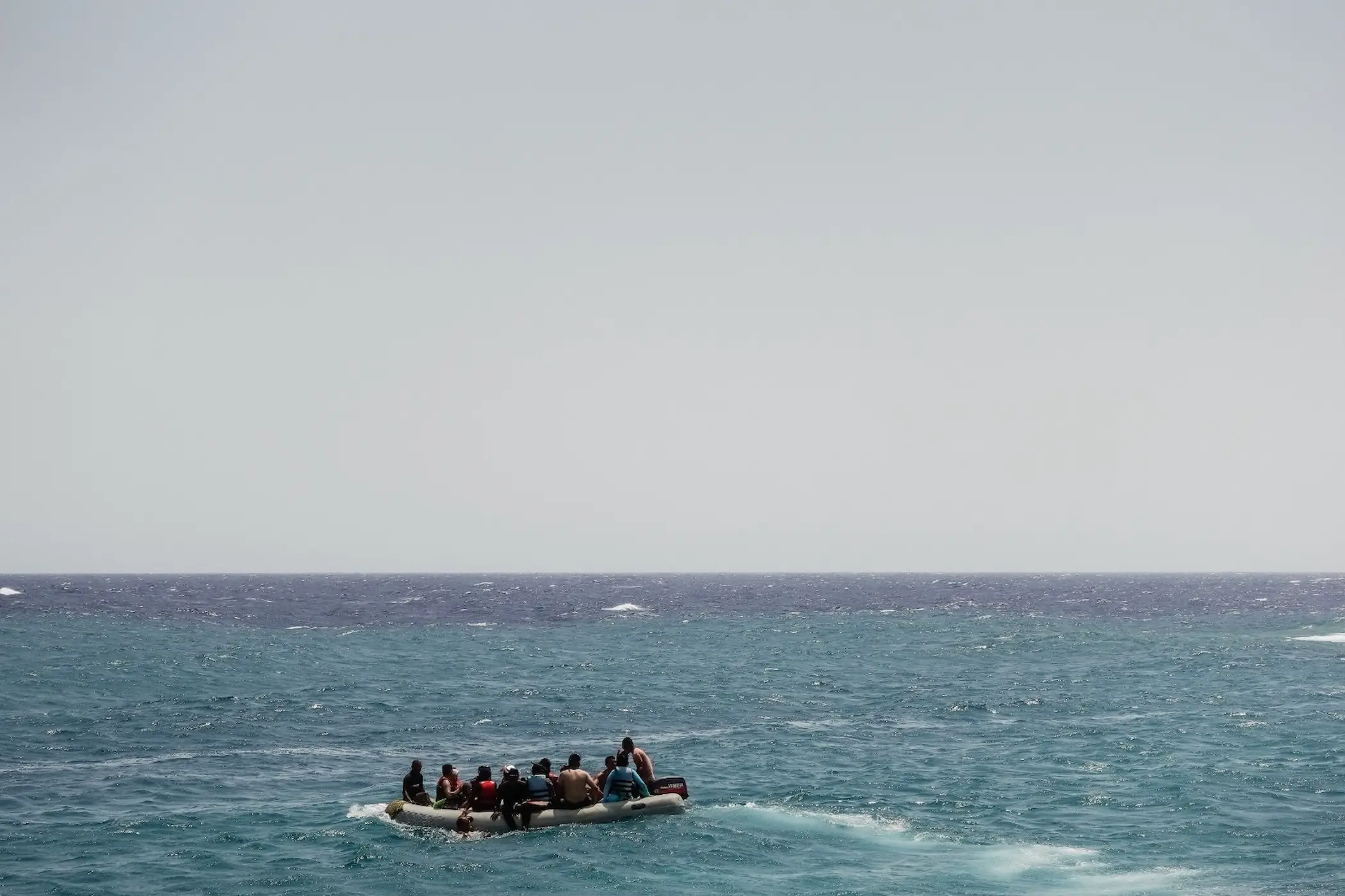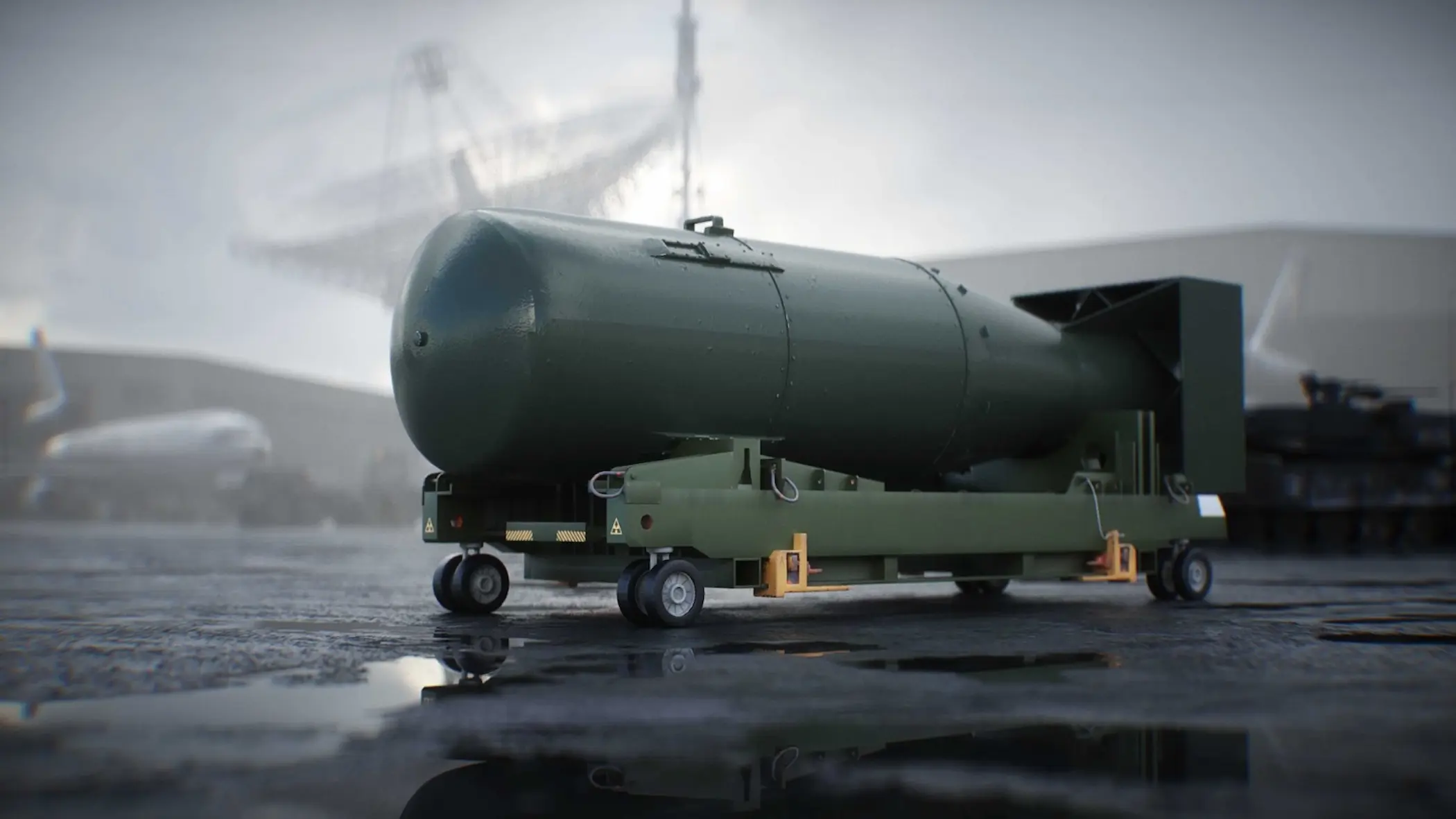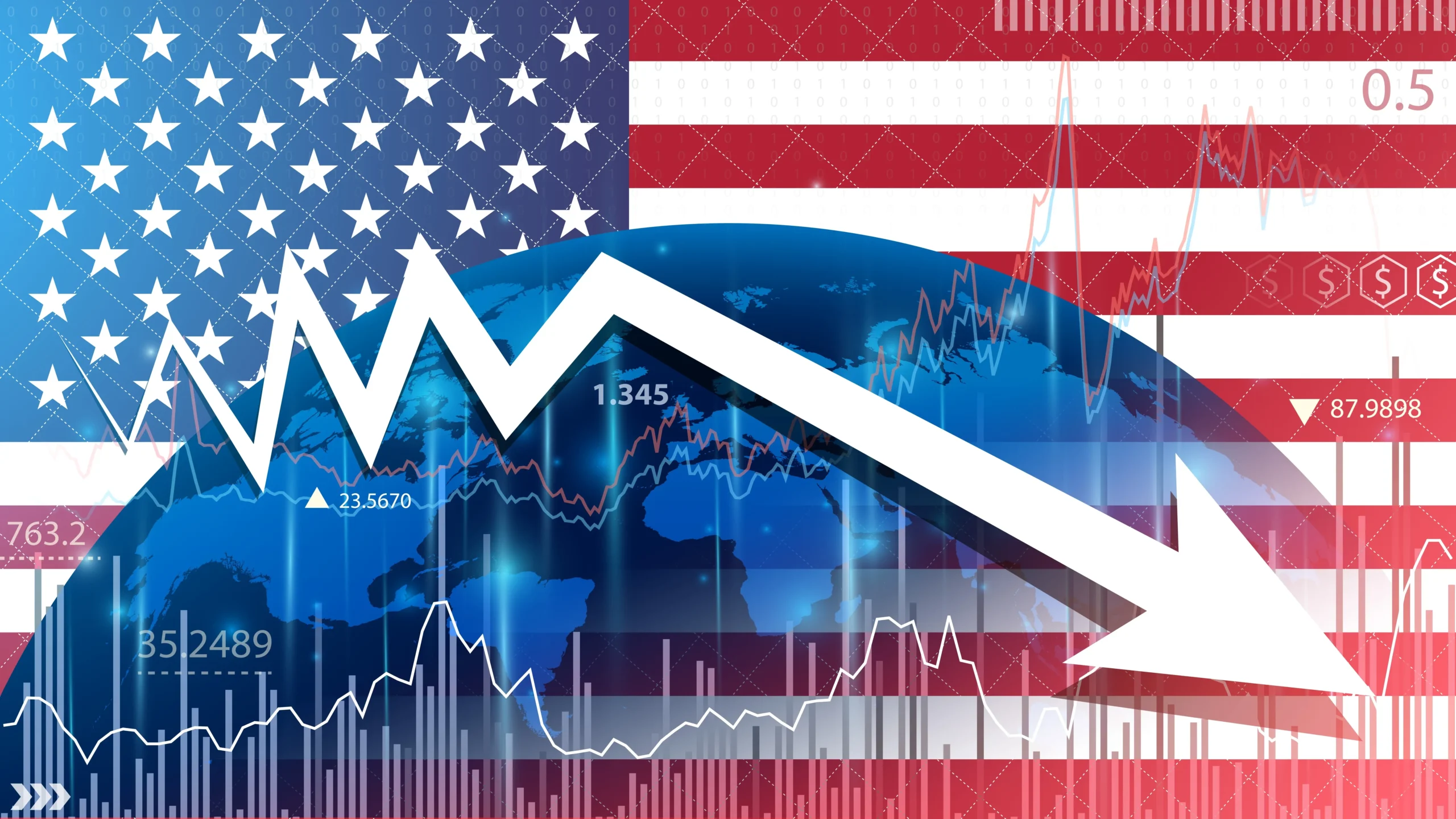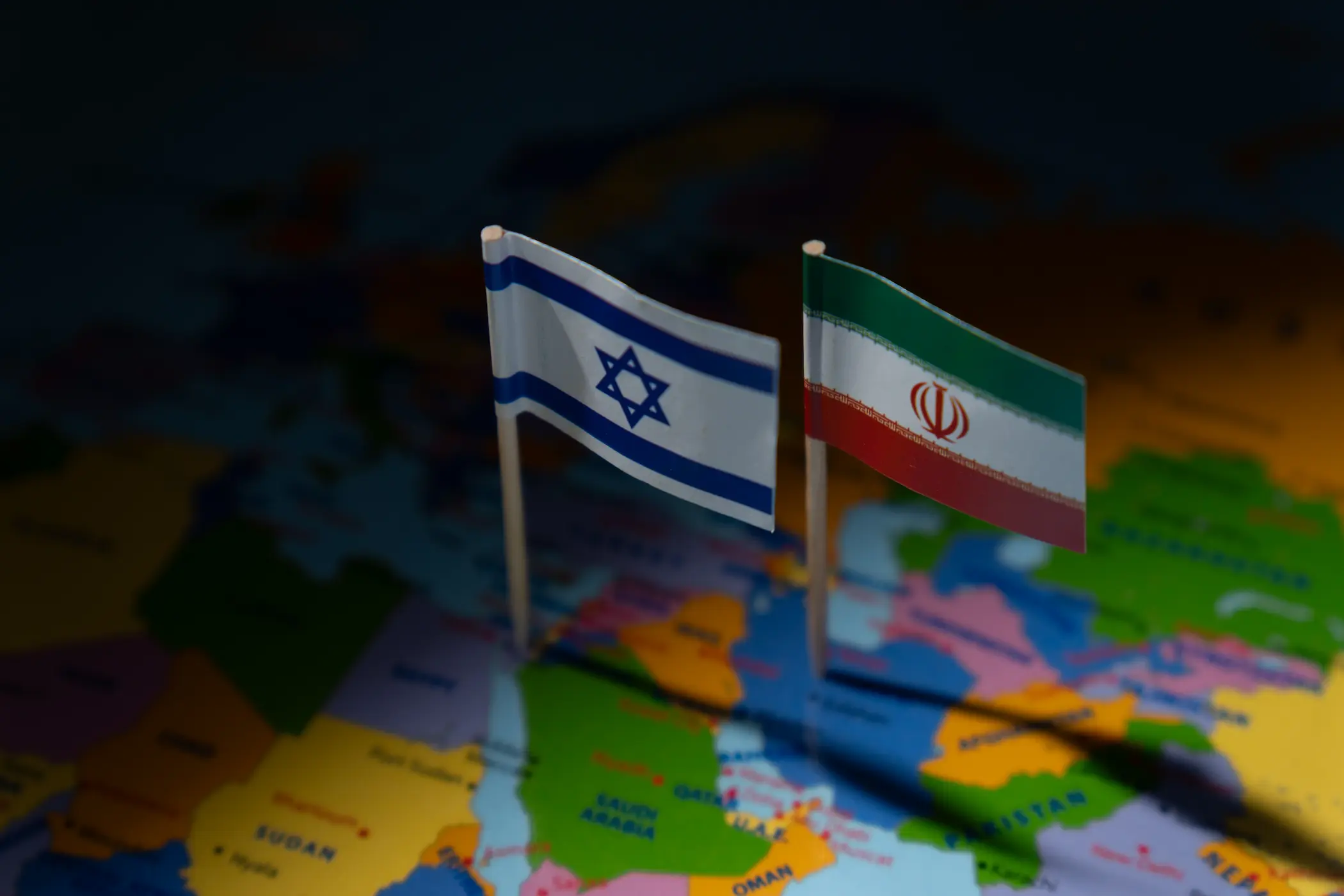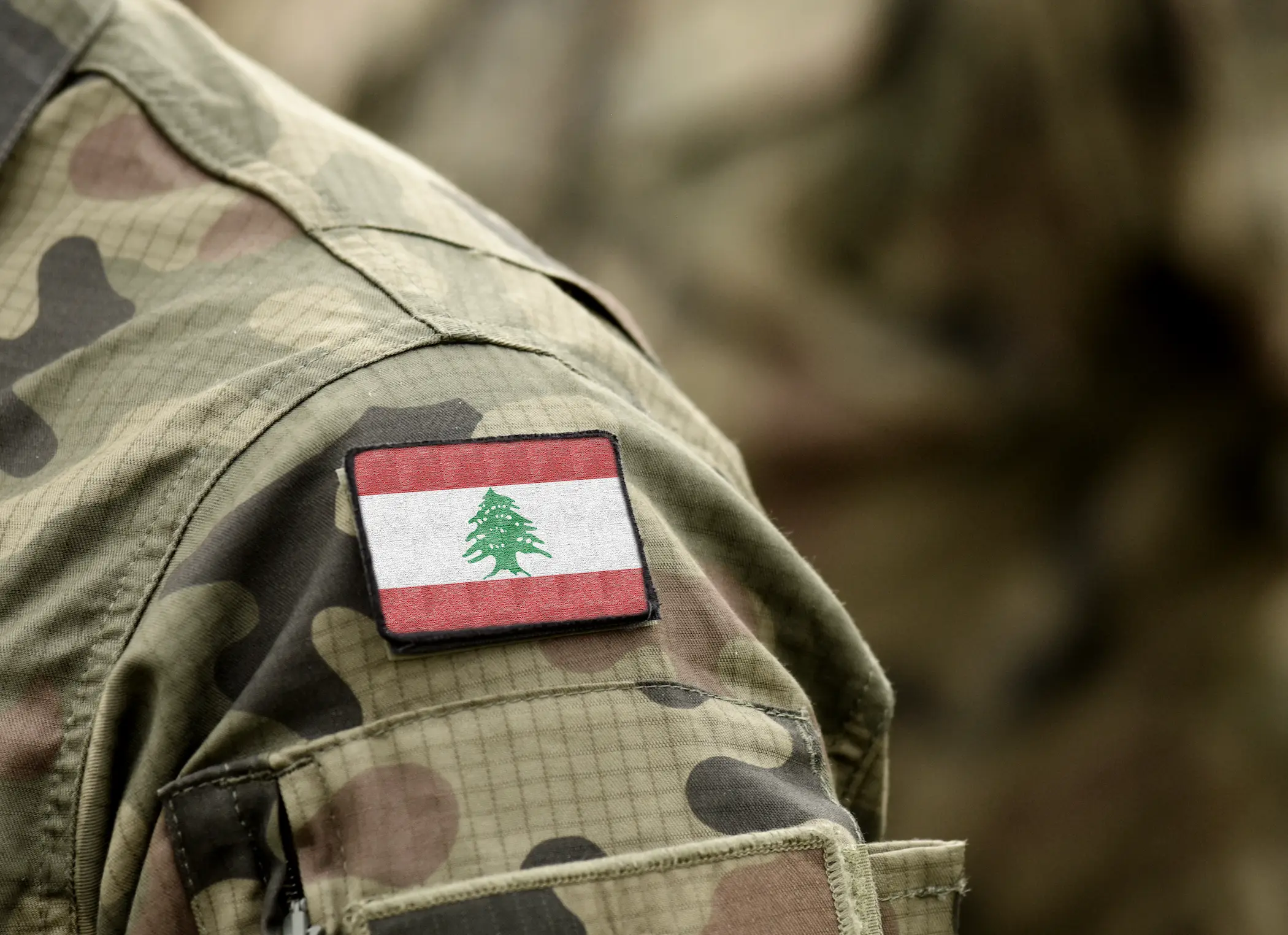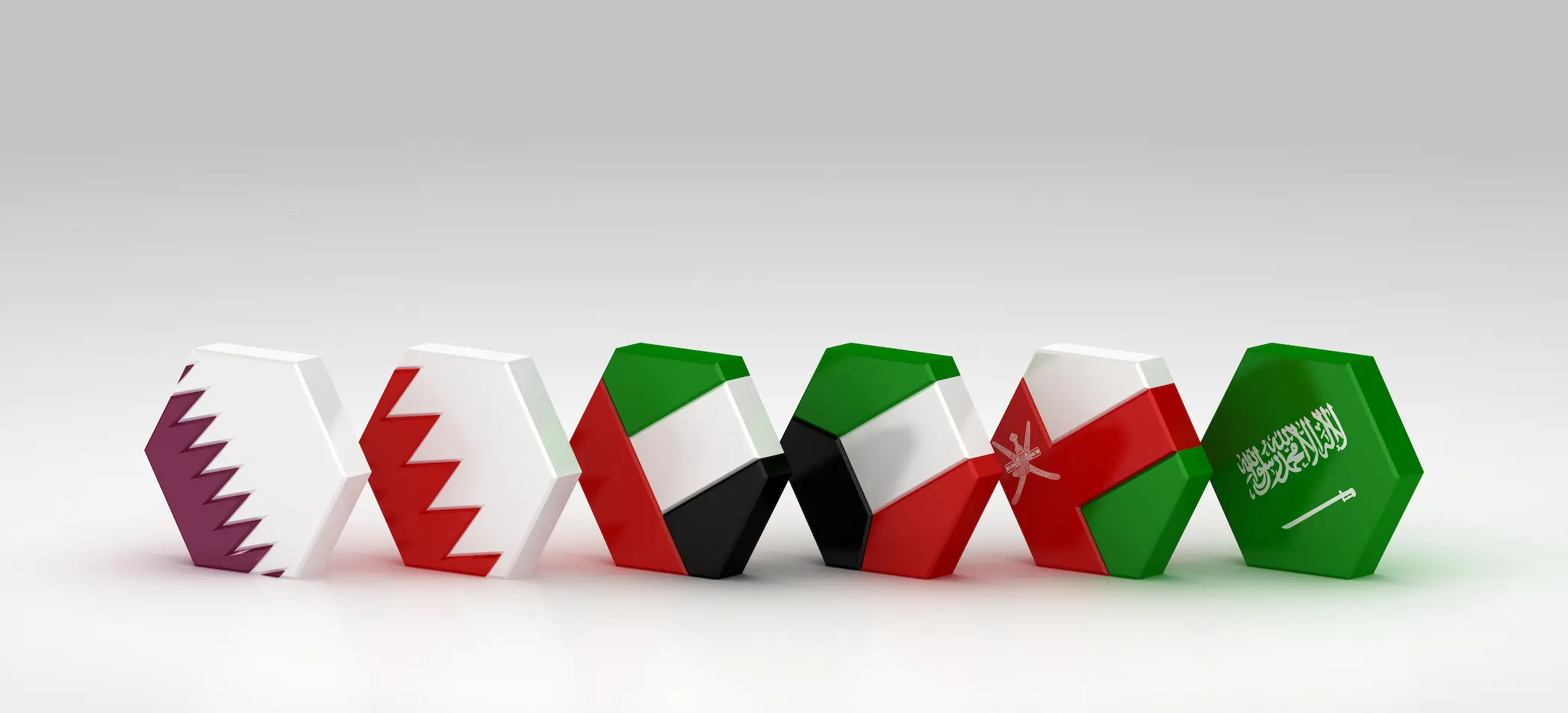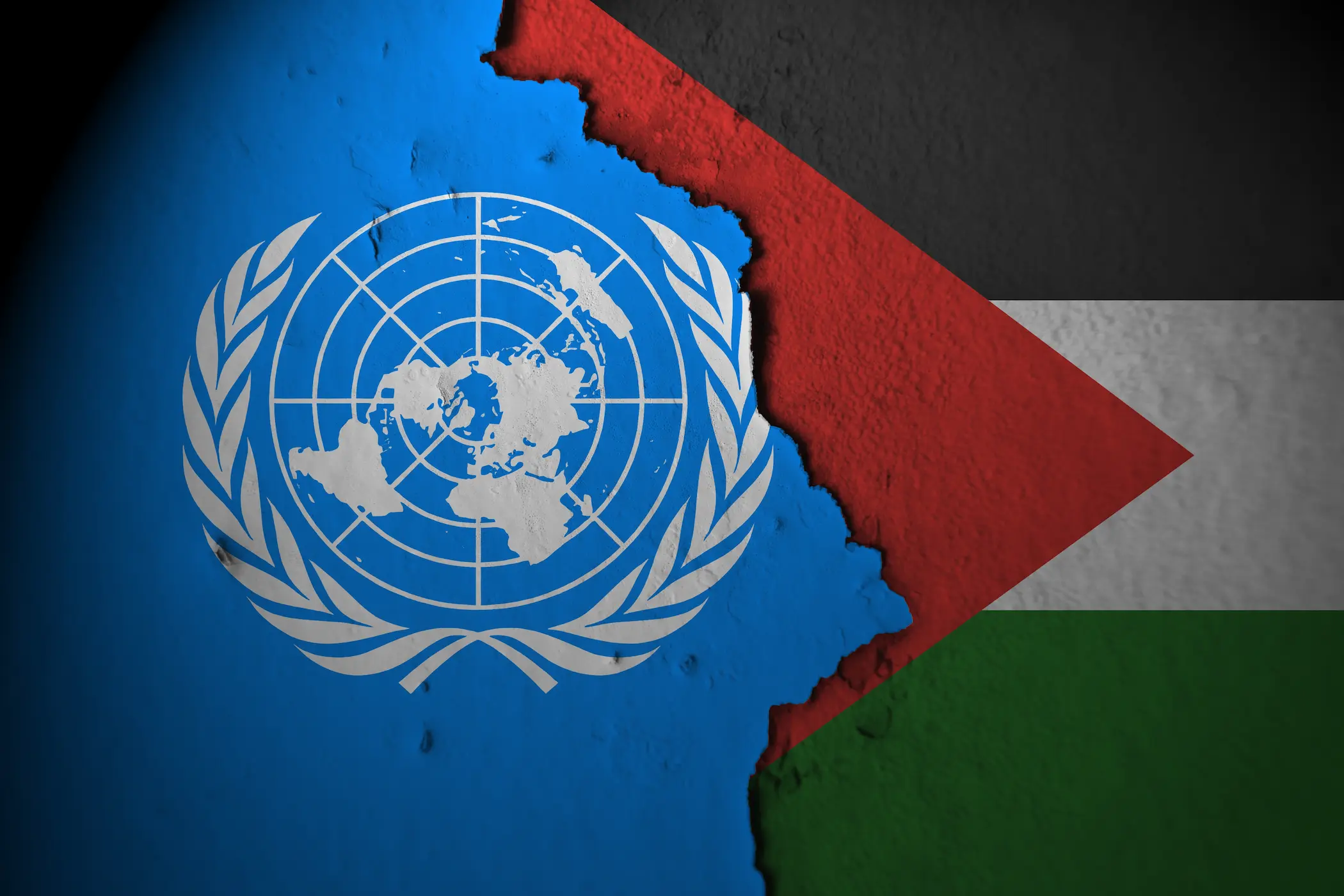Simulation technology is witnessing a profound transformation with the emergence of Digital Cognitive Twins (DCTs), the next generation of Traditional Digital Twins (DTs). These advanced systems go beyond conventional monitoring functions, integrating sophisticated AI models, particularly machine learning networks and natural language processing (NLP) techniques.
This convergence grants DCTs complex capabilities, enabling them to perform autonomous decision-making, conduct real-time self-optimisation, and develop predictive and anticipatory mechanisms. As a result, this technology is reshaping key sectors across multiple domains. In Industry 4.0, it enhances the efficiency and resilience of logistical supply chains; in urban governance, it enables the intelligent management of resources with exceptional accuracy; and in the healthcare sector, it accelerates the adoption of precision medicine tailored to the individual.
The exceptional performance of these systems depends on their ability to absorb and aggregate vast datasets, comprising thousands of variables for a single individual. These datasets extend well beyond the conventional boundaries of personal information, encompassing biometric inputs, genomic data, clinical records, and continuous monitoring of behavioural and psychological patterns derived from digital interactions.
This aggregation produces human simulation models of exceptional fidelity, a defining feature that places this technology squarely within the dual-use domain. While these models promise vast societal benefits, the compromise or seizure of these composite data repositories would constitute a catastrophic national security threat: the harm arising from the exposure of citizens’ data would be strategic, permanent, and irreparable.
The gravest risk lies in the possibility that state or non-state actors might exploit these datasets. Whereas past influence operations—most notably the disinformation campaigns of the last decade—targeted broad audiences, behavioural models derived from integrated digital-transformation processes enable bespoke cognitive-warfare interventions at the level of individuals or small groups. This capability transcends conventional geopolitical forecasting, enabling real-time prediction of societal behaviour.
At the core of the threat is the capacity to selectively manipulate these datasets or even fabricate synthetic records to engineer a pretext for intervention. By corrupting cognitive models, an adversary can simulate a manufactured state of public unrest, precipitate mass psychological collapse, or stage apparent systemic institutional failure—thereby manufacturing a spurious justification for political, economic or security interventions.
